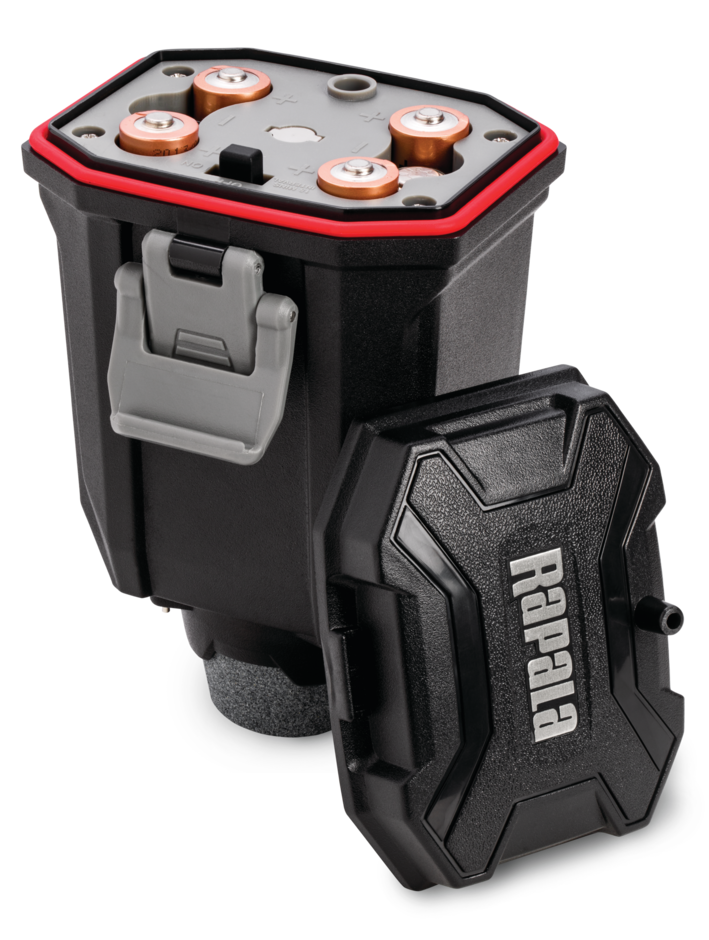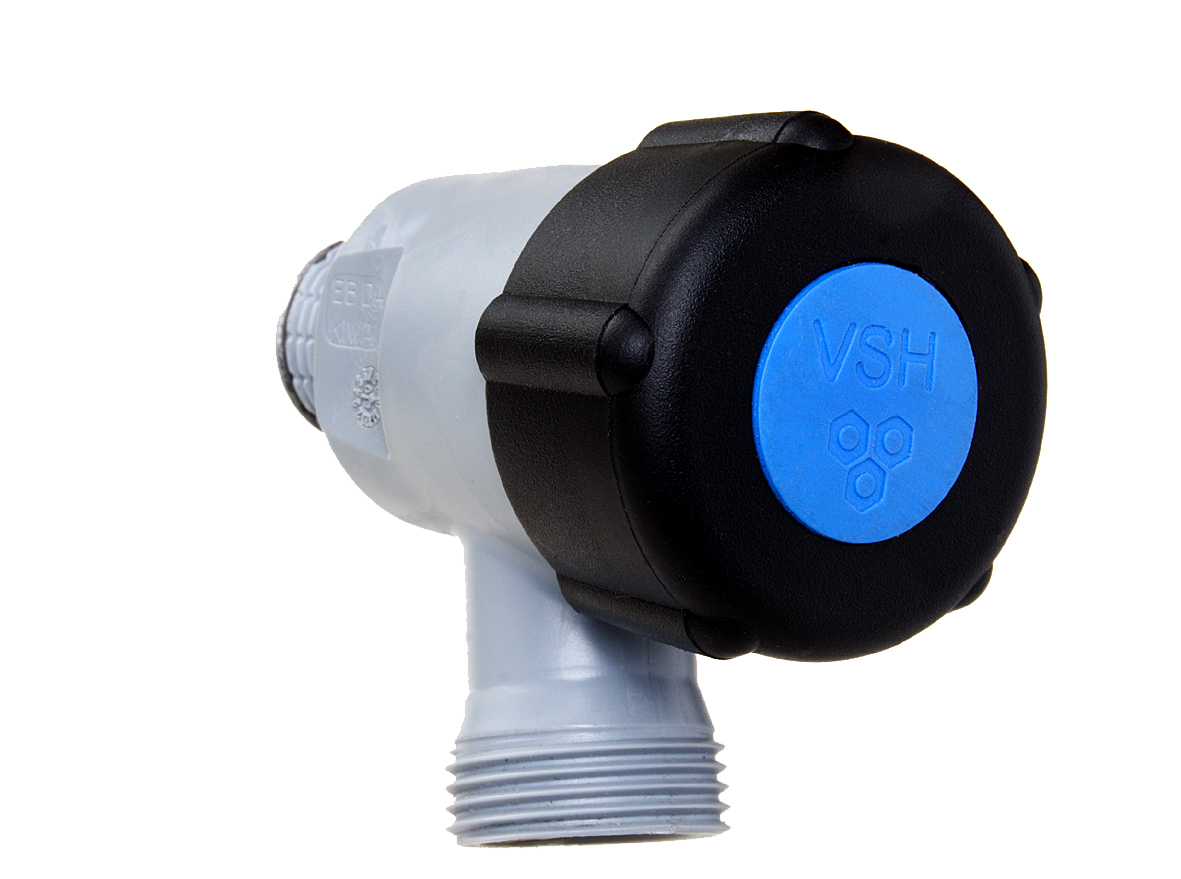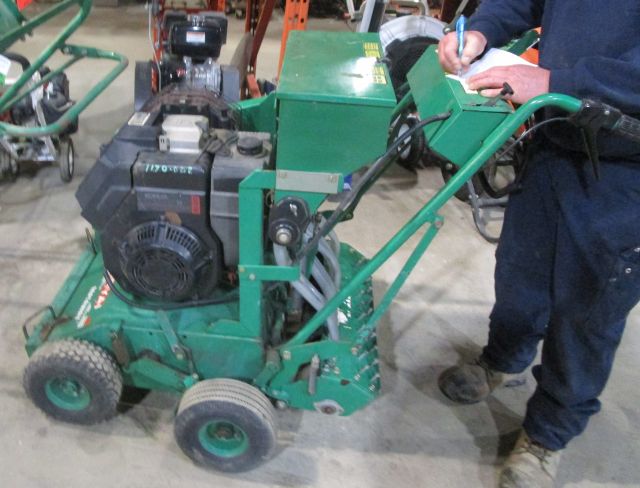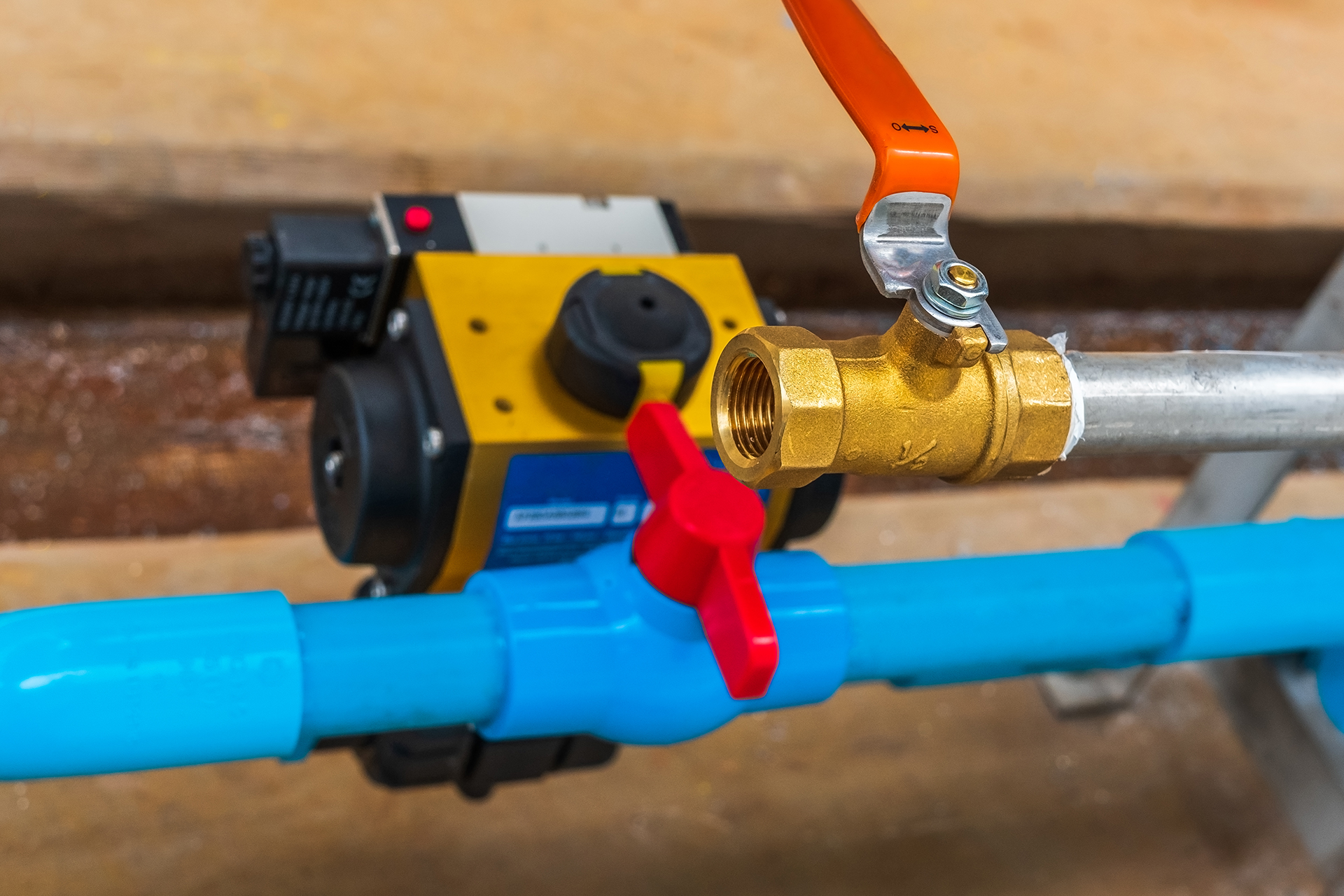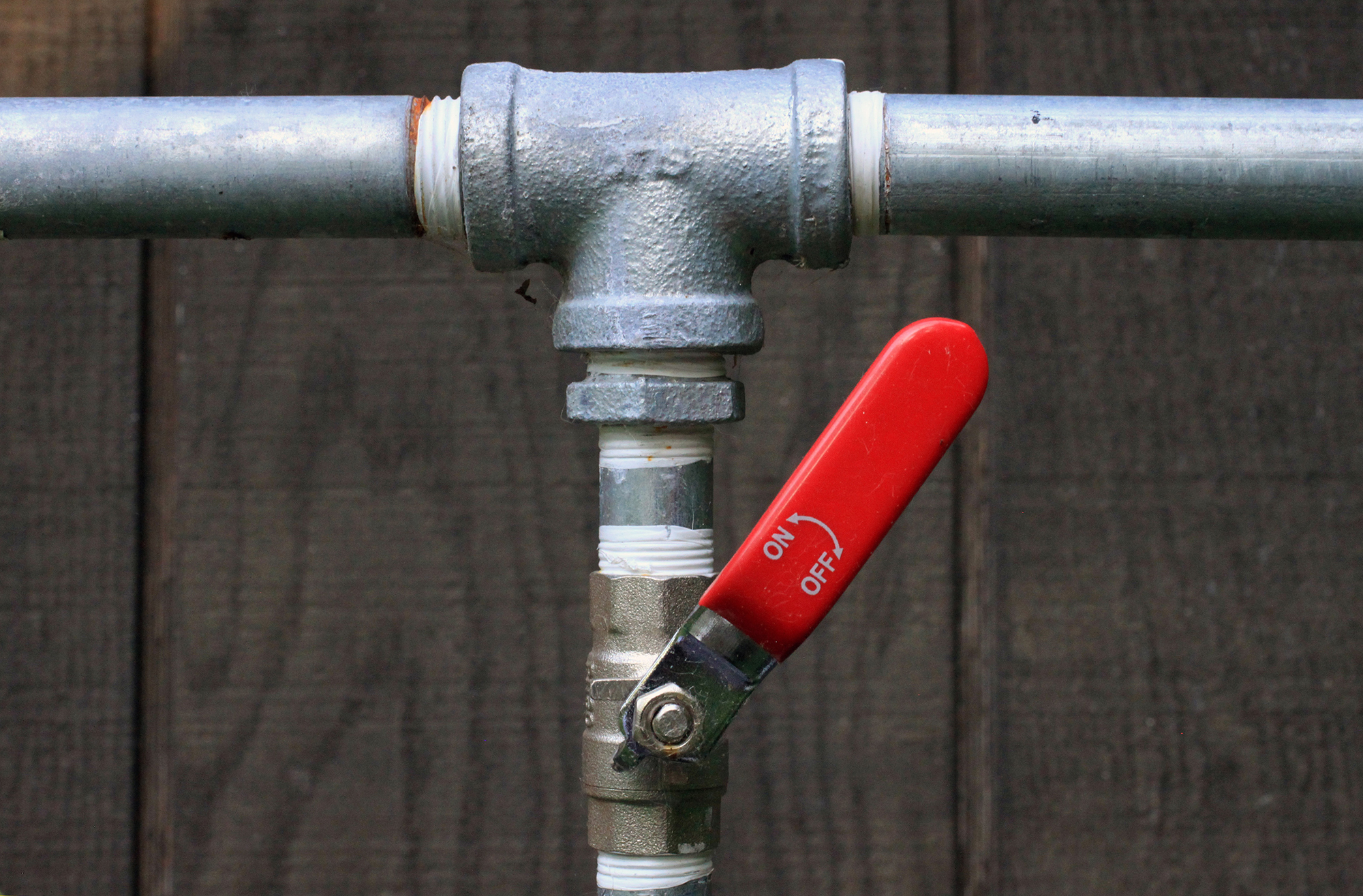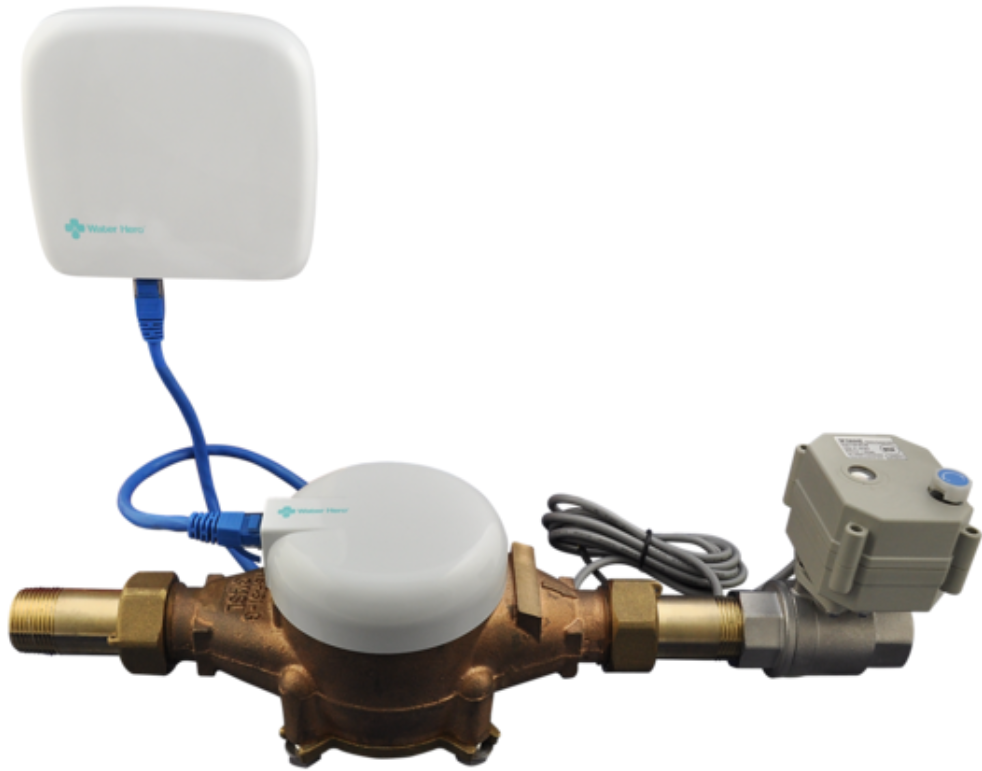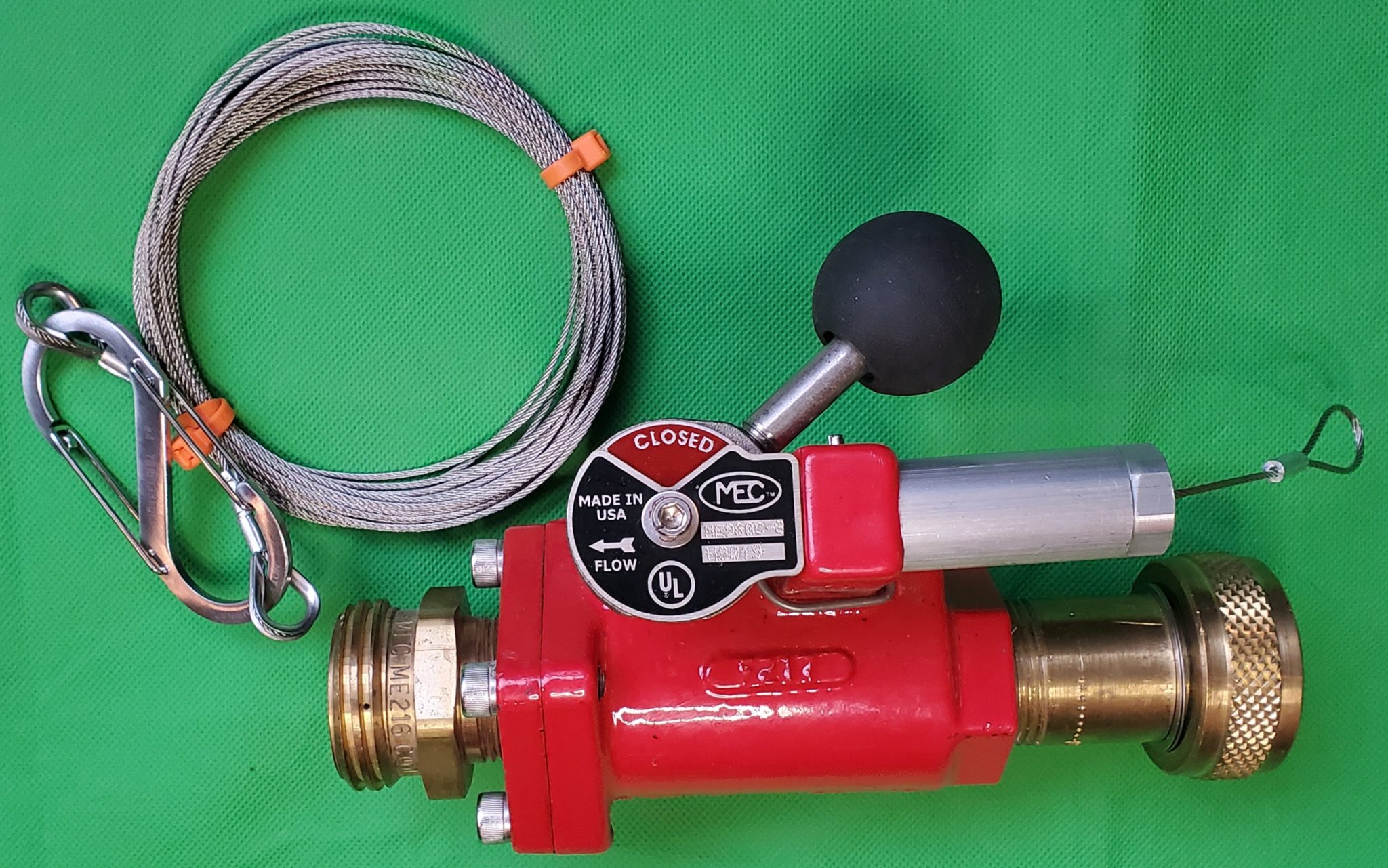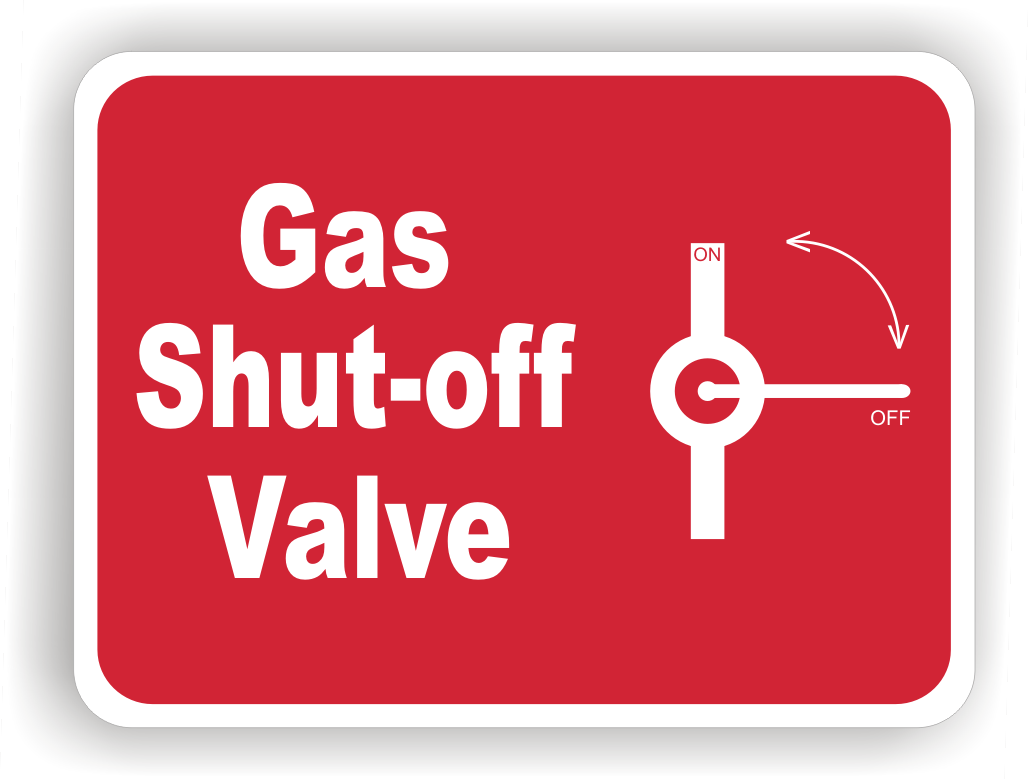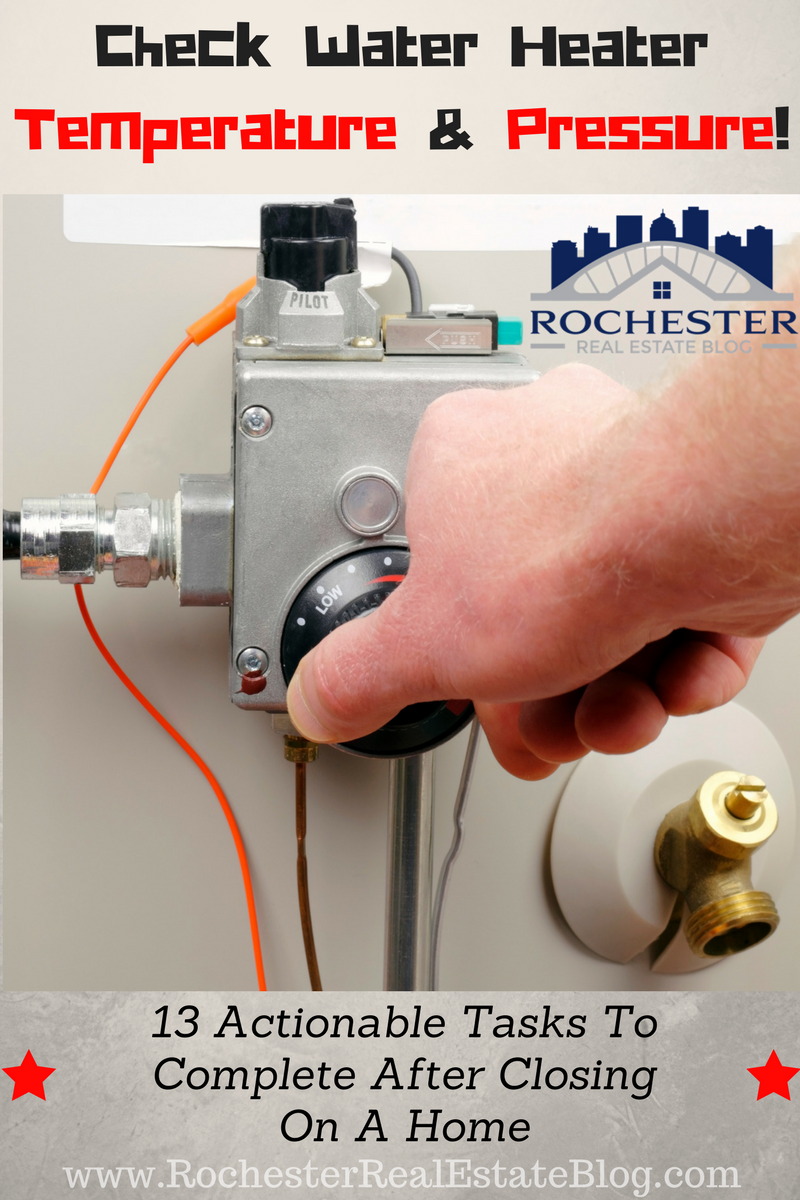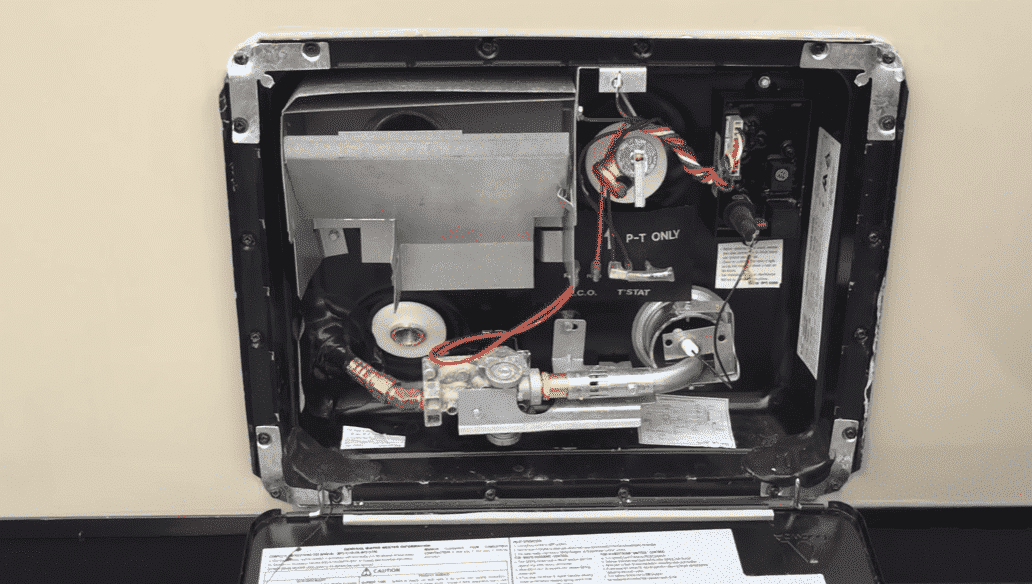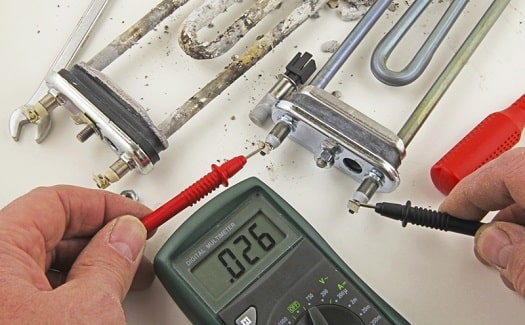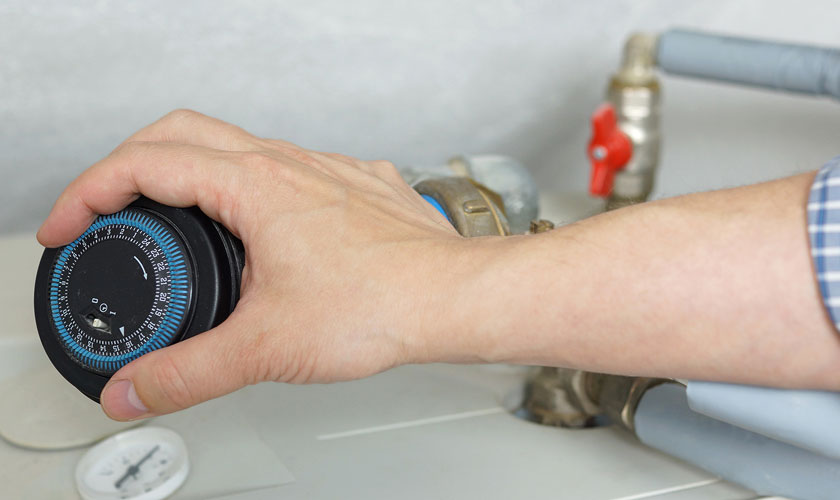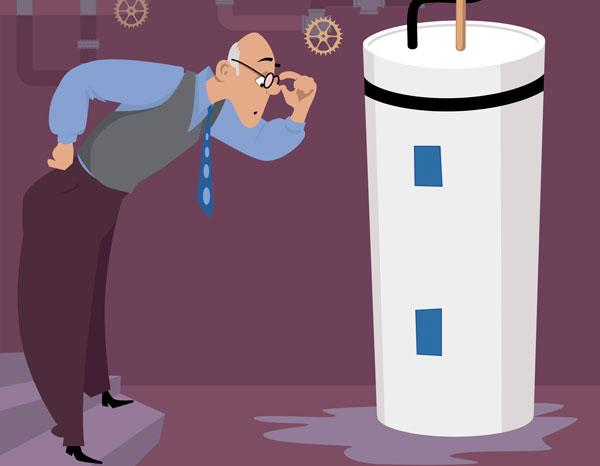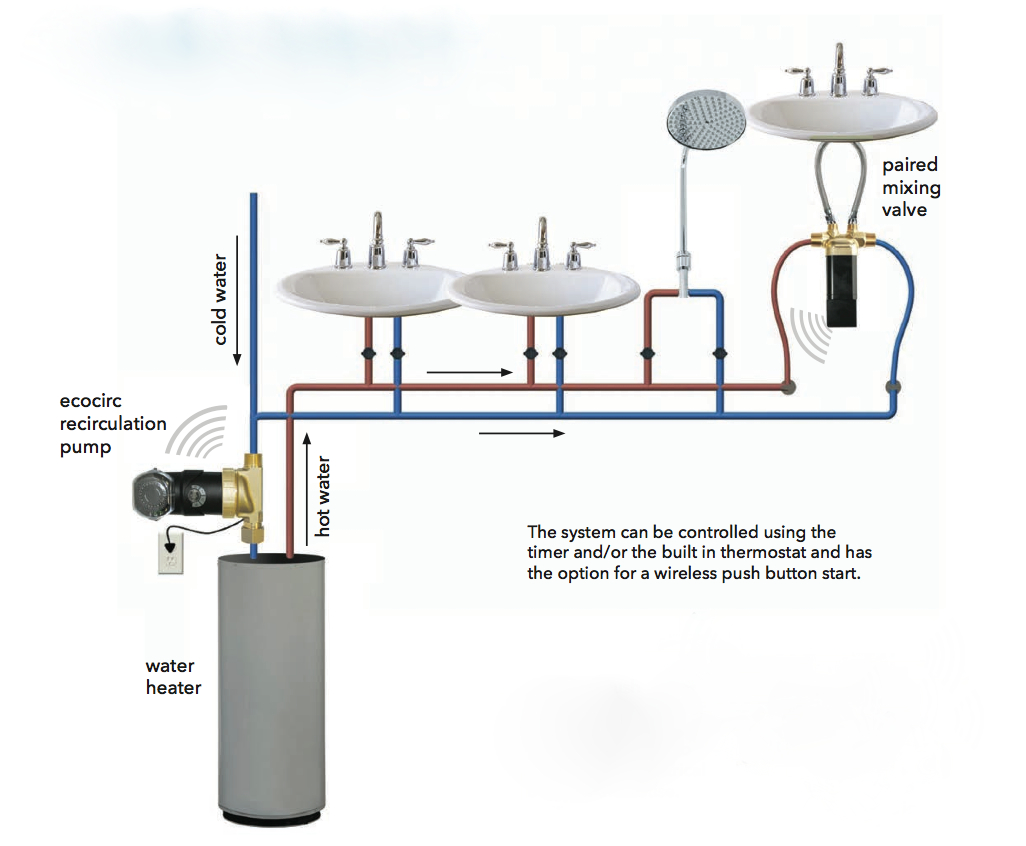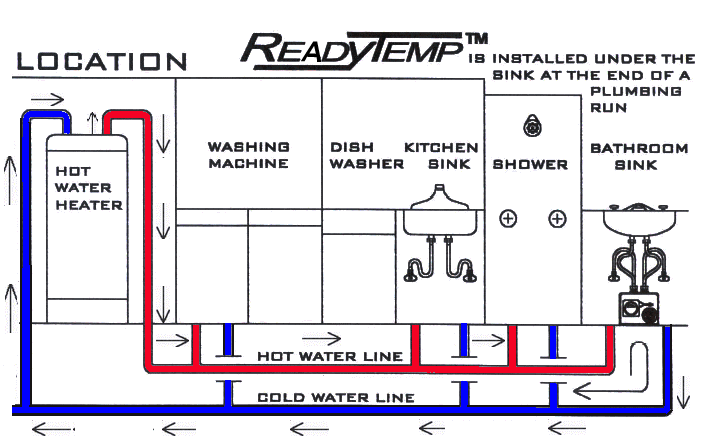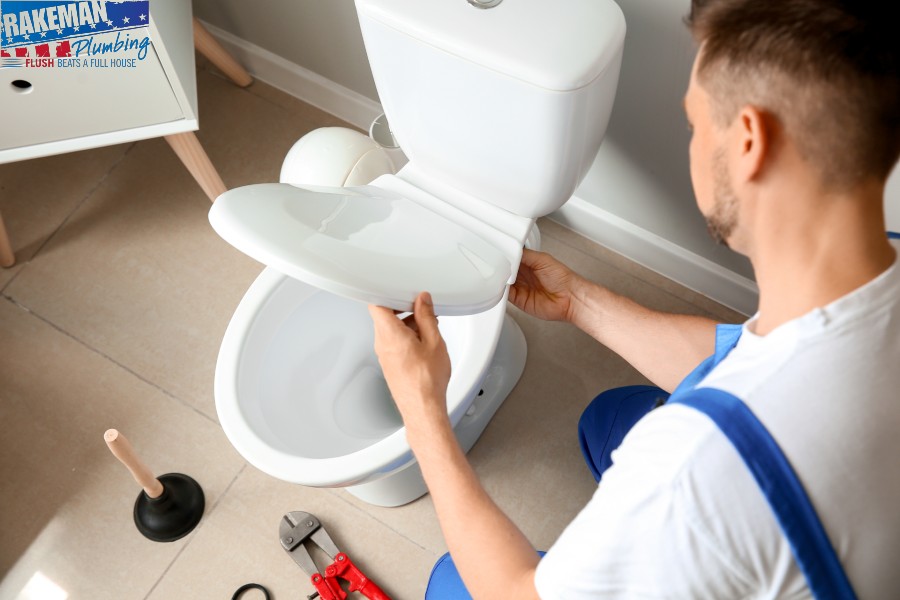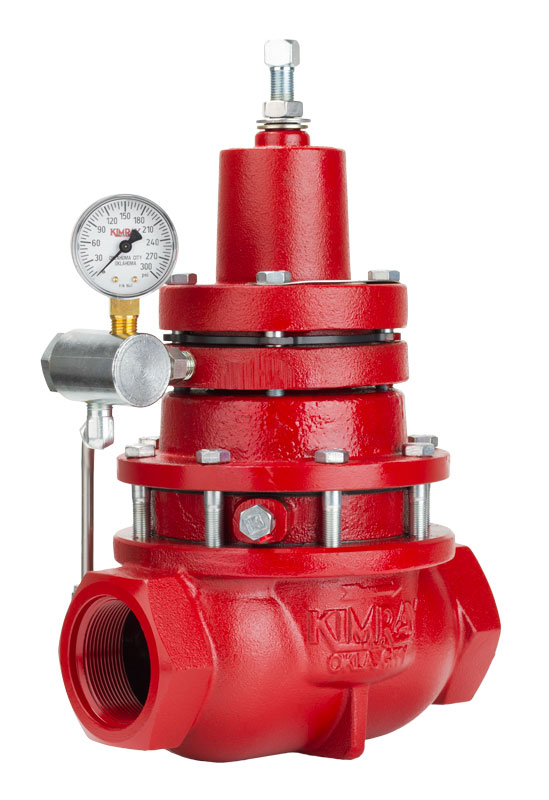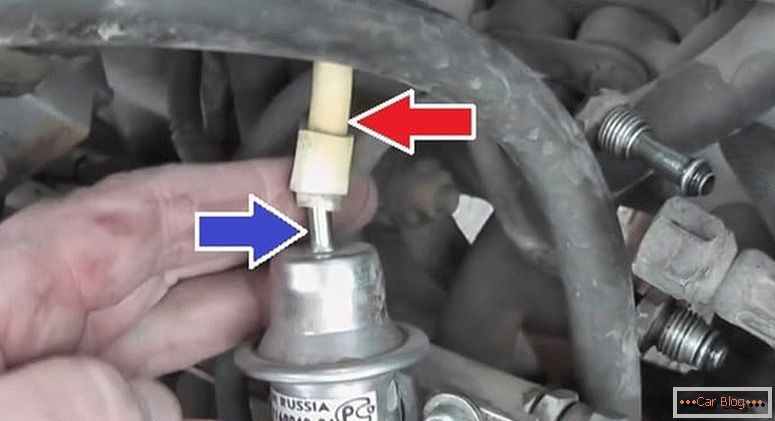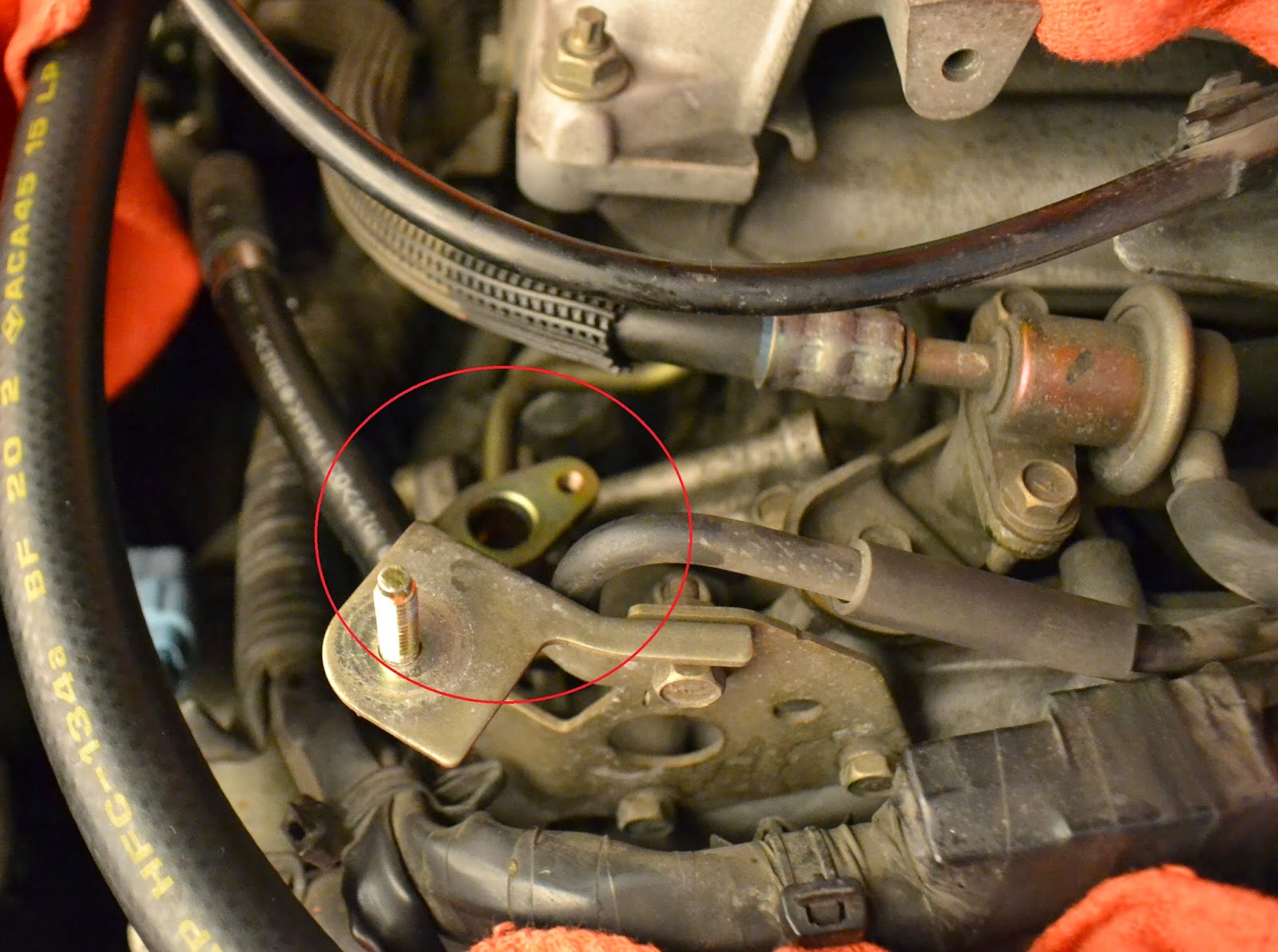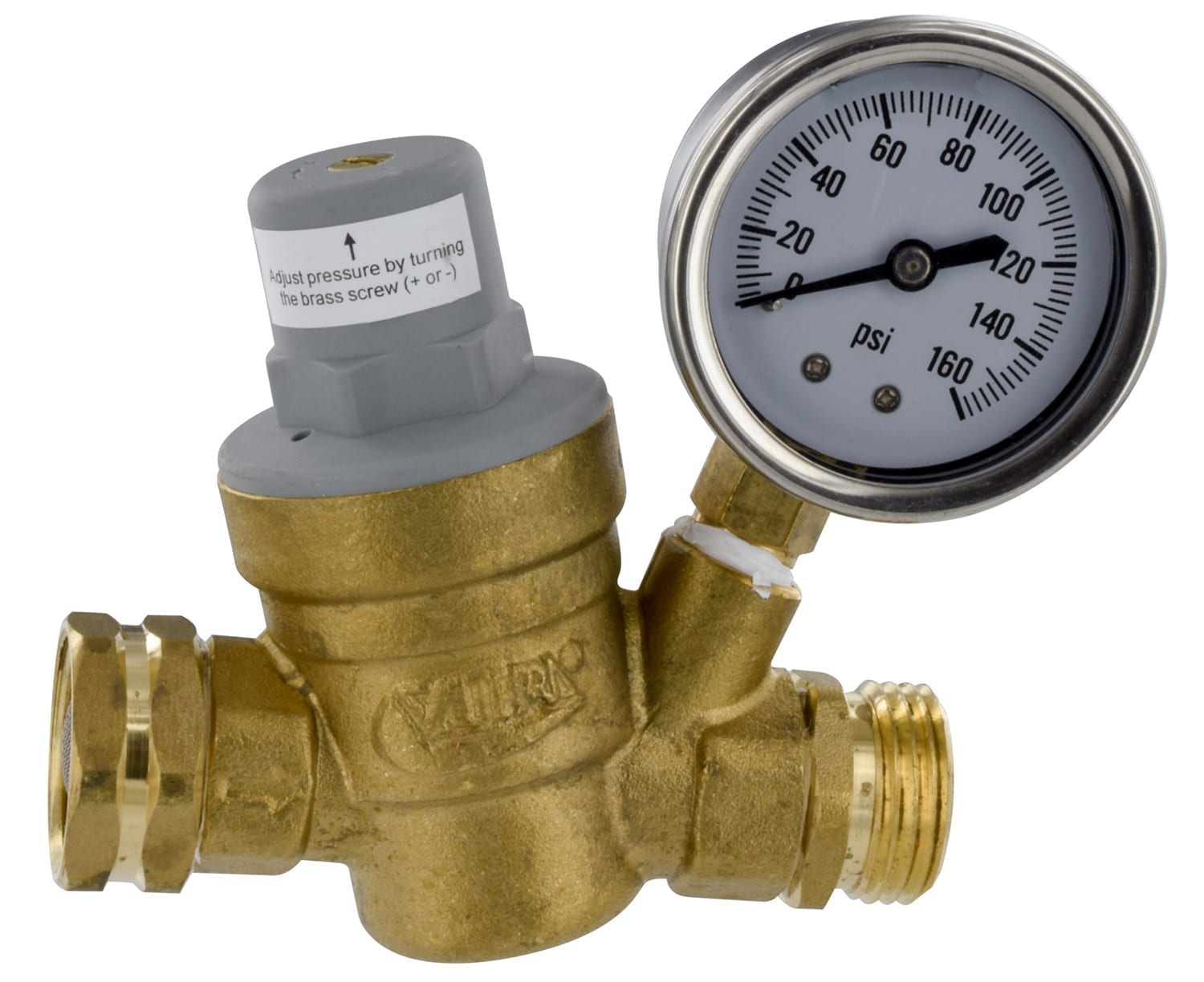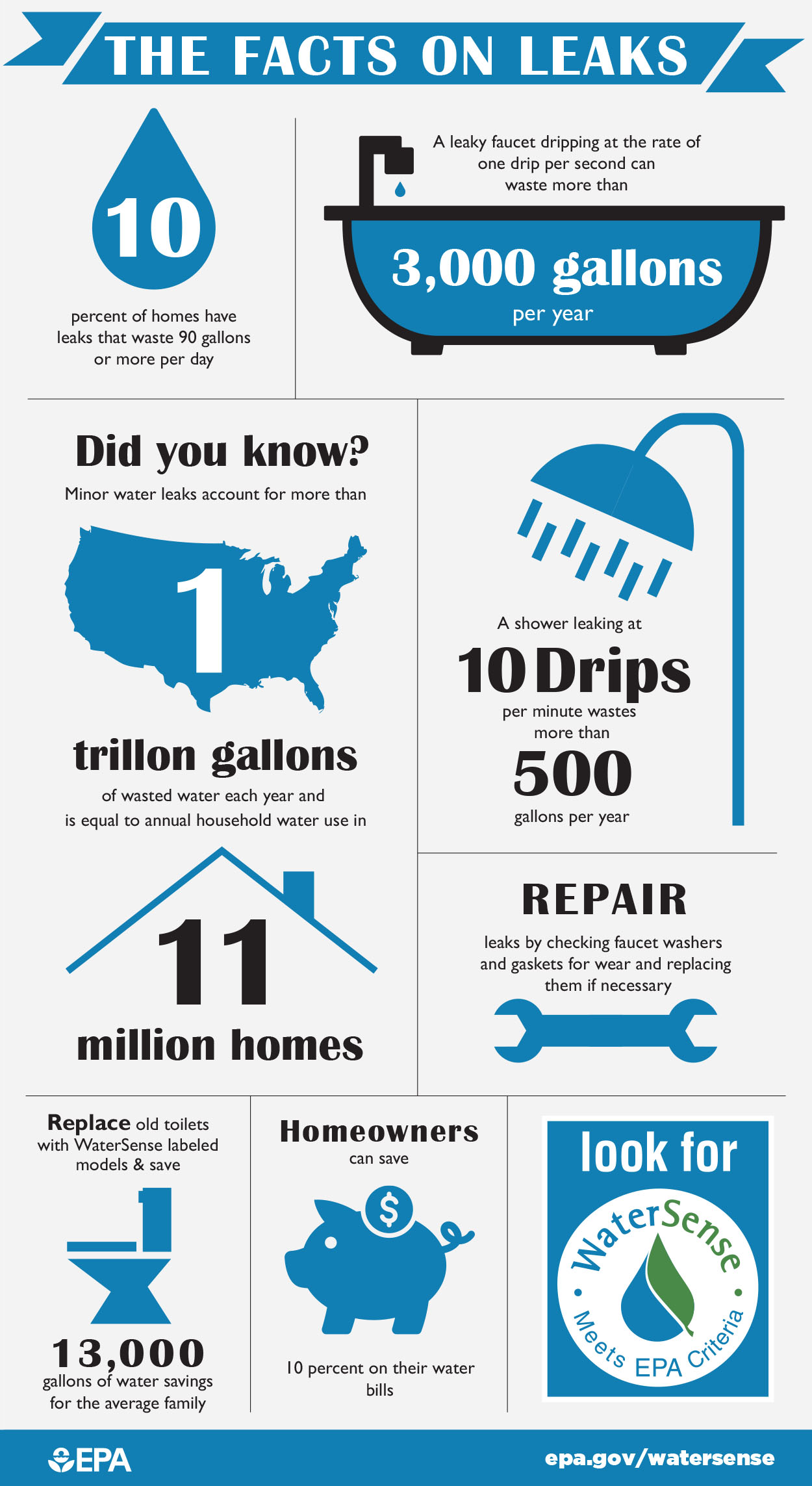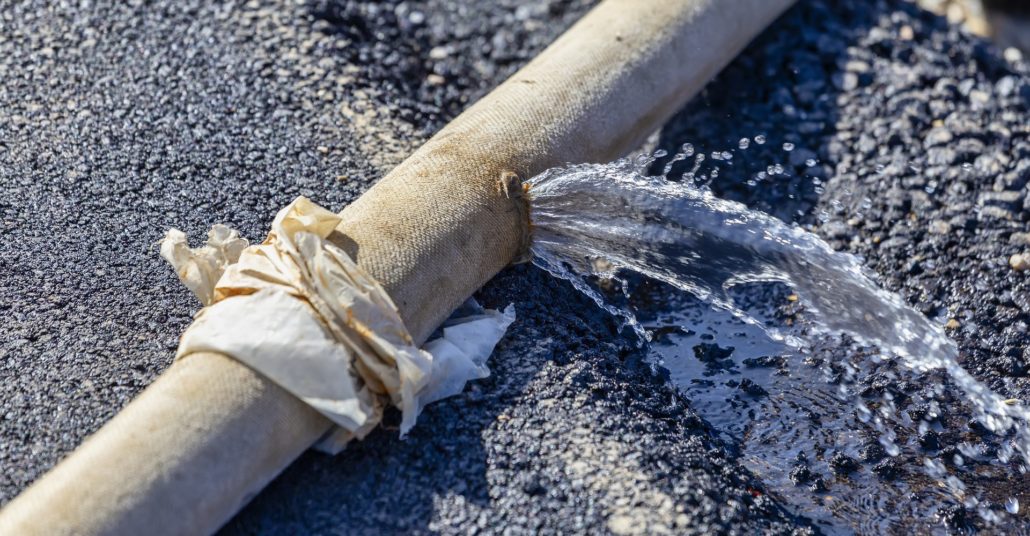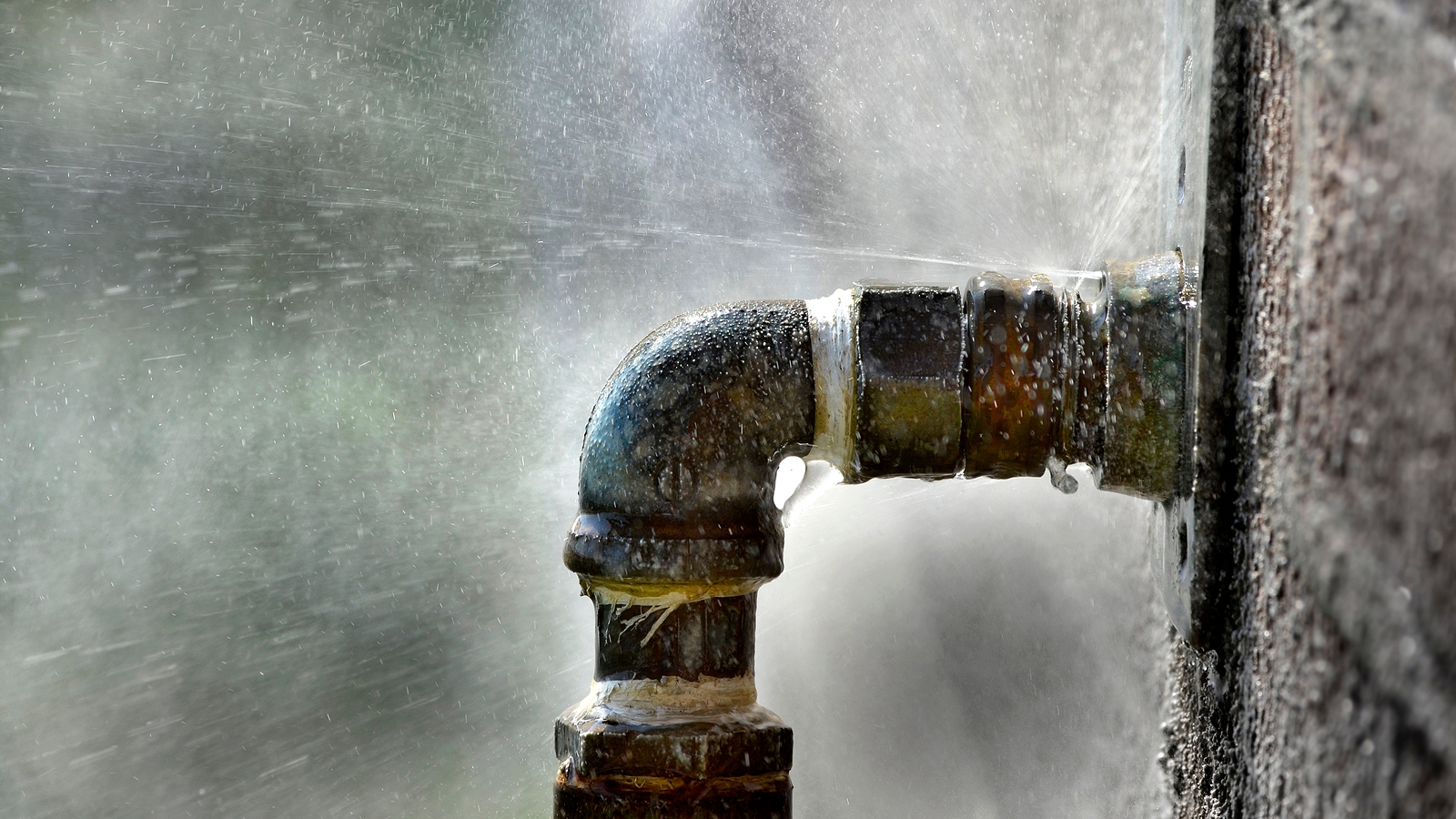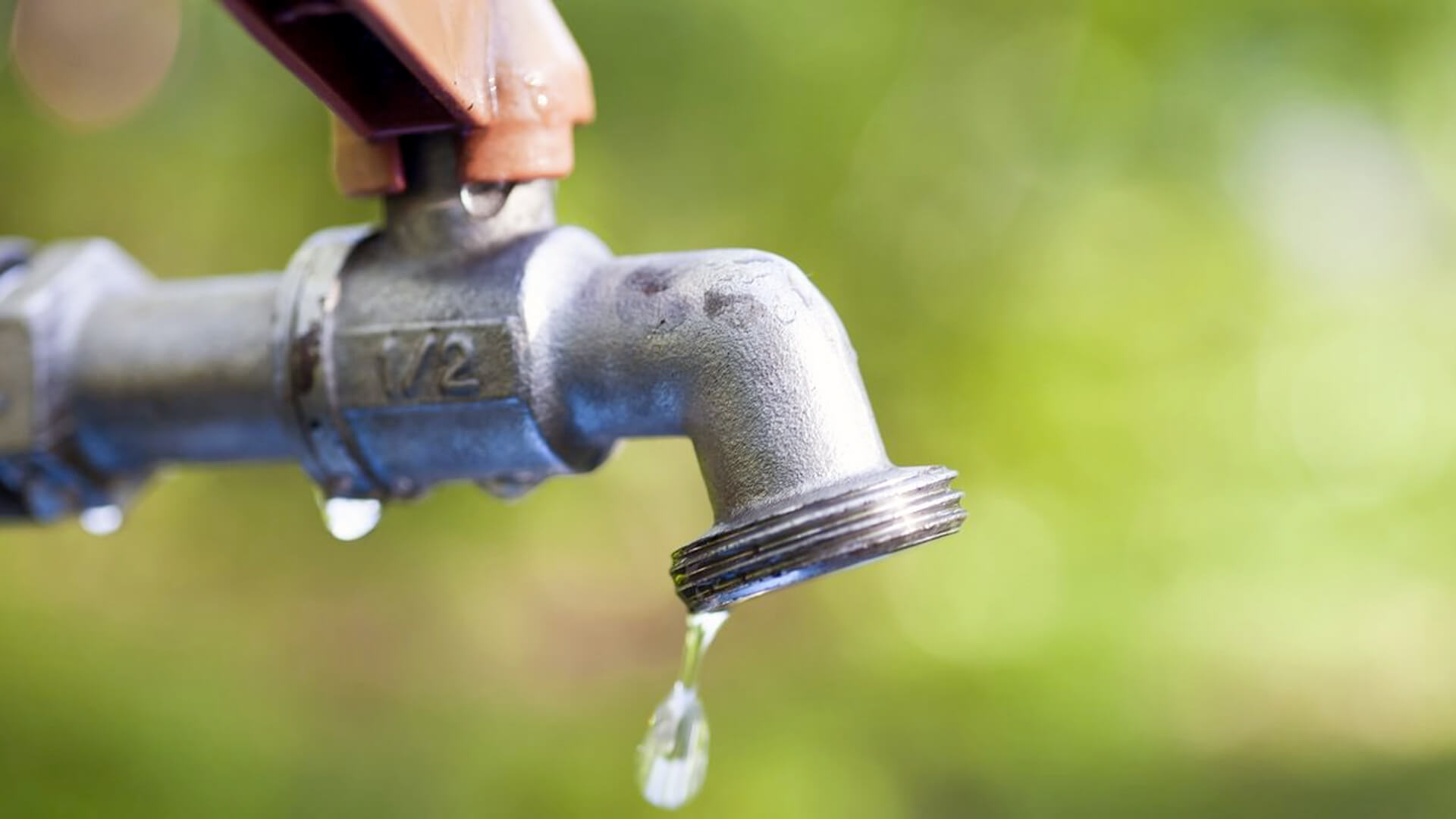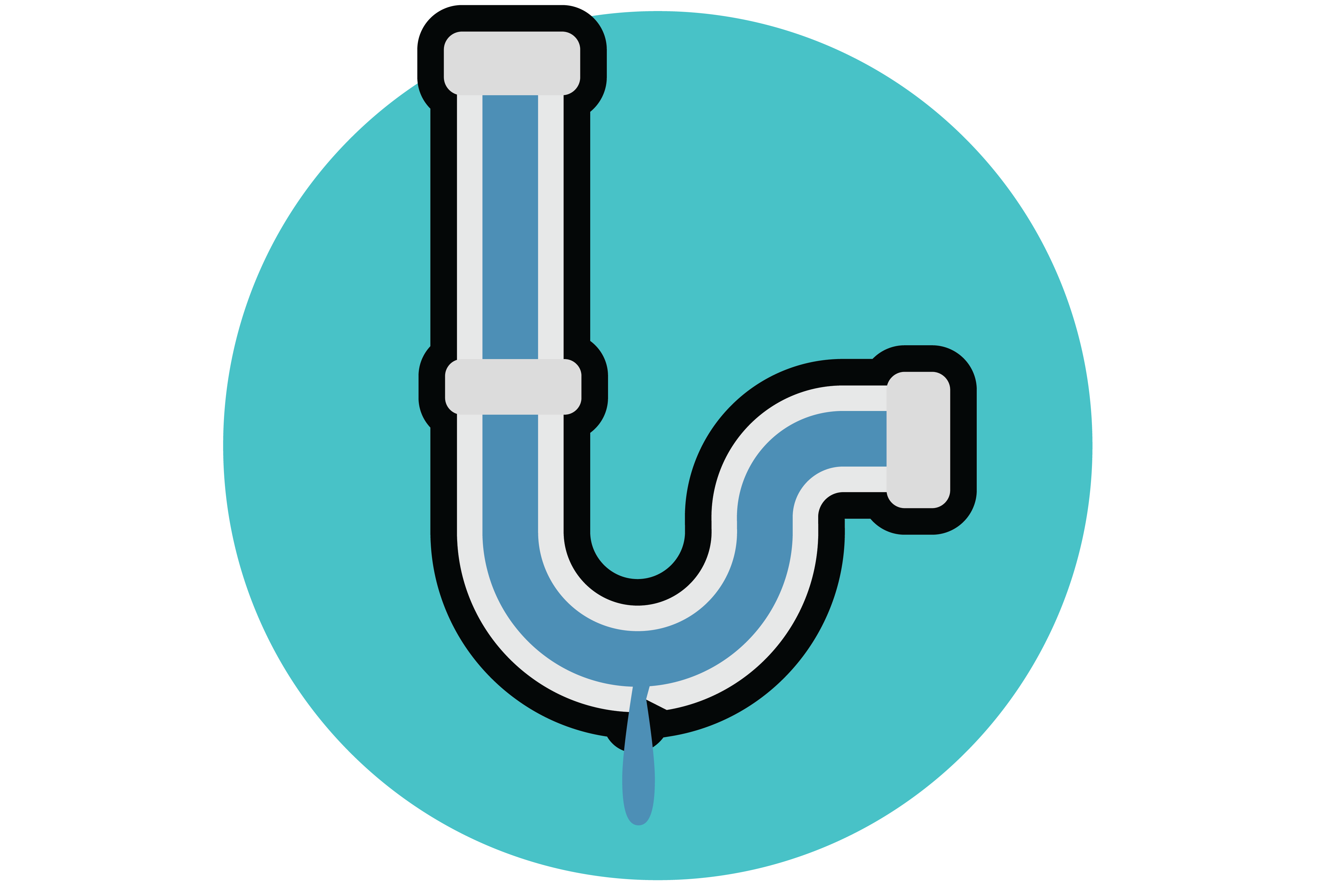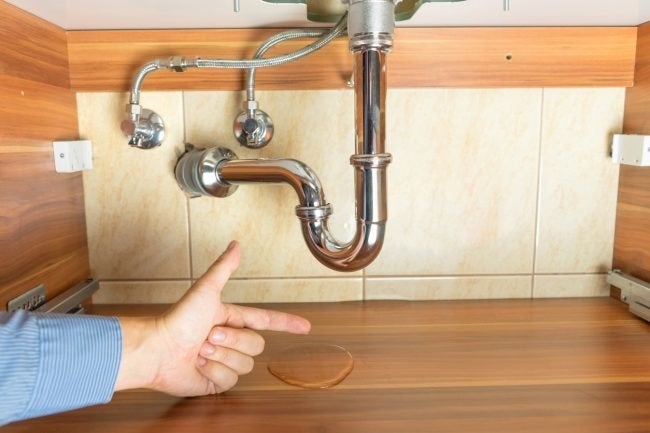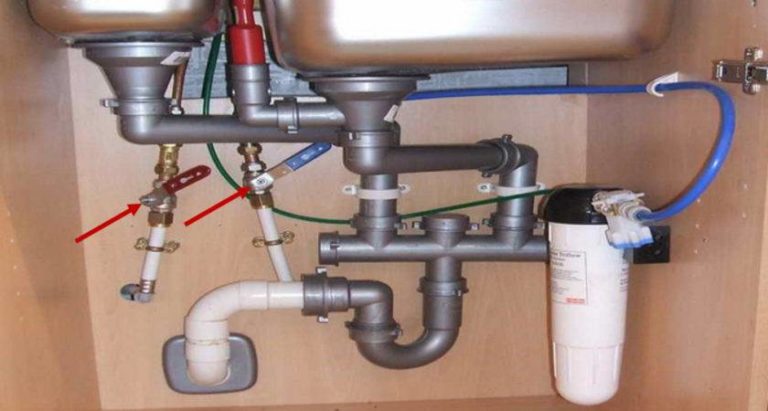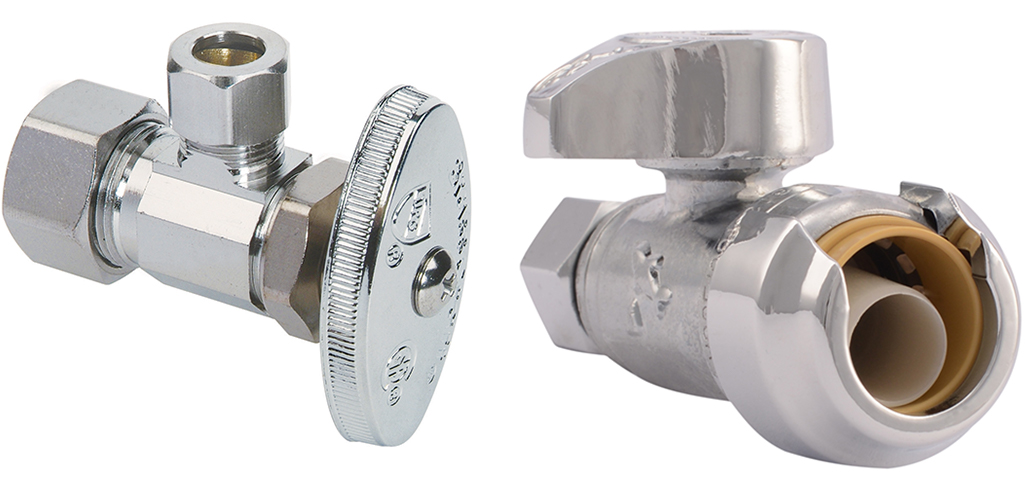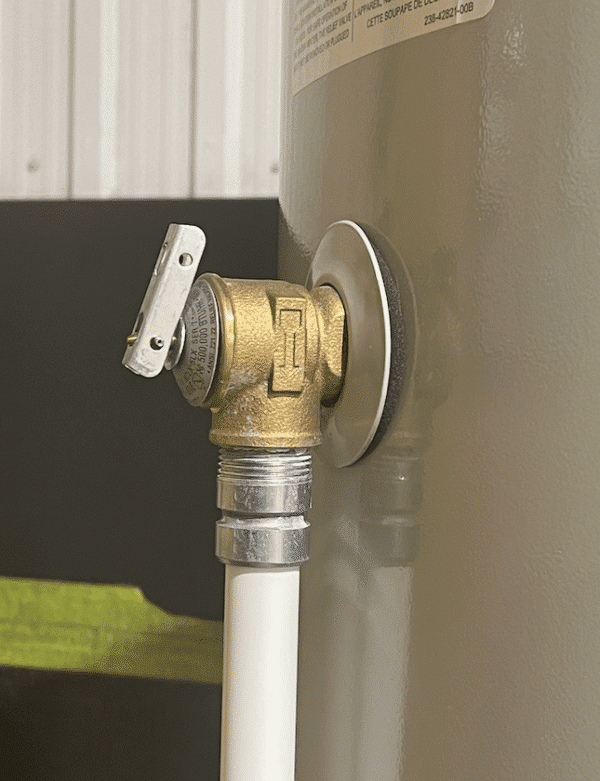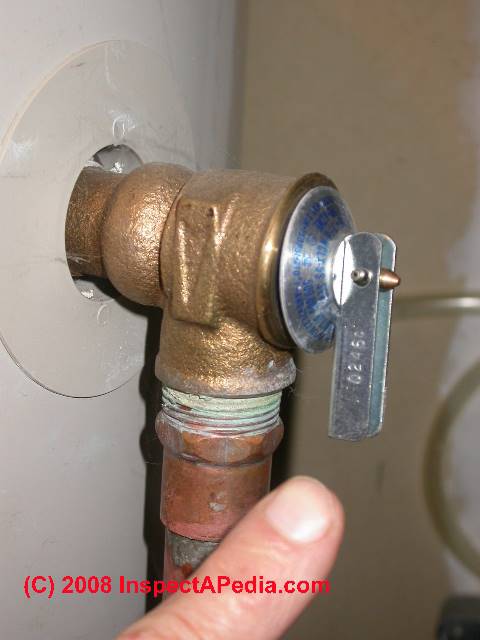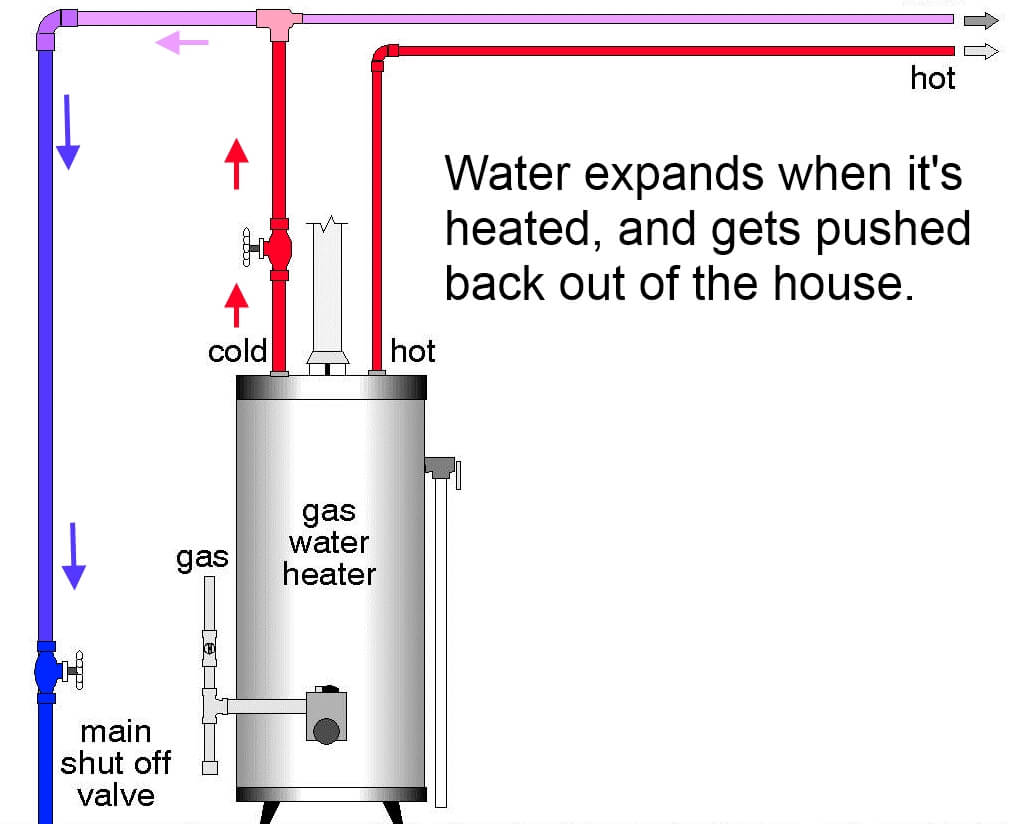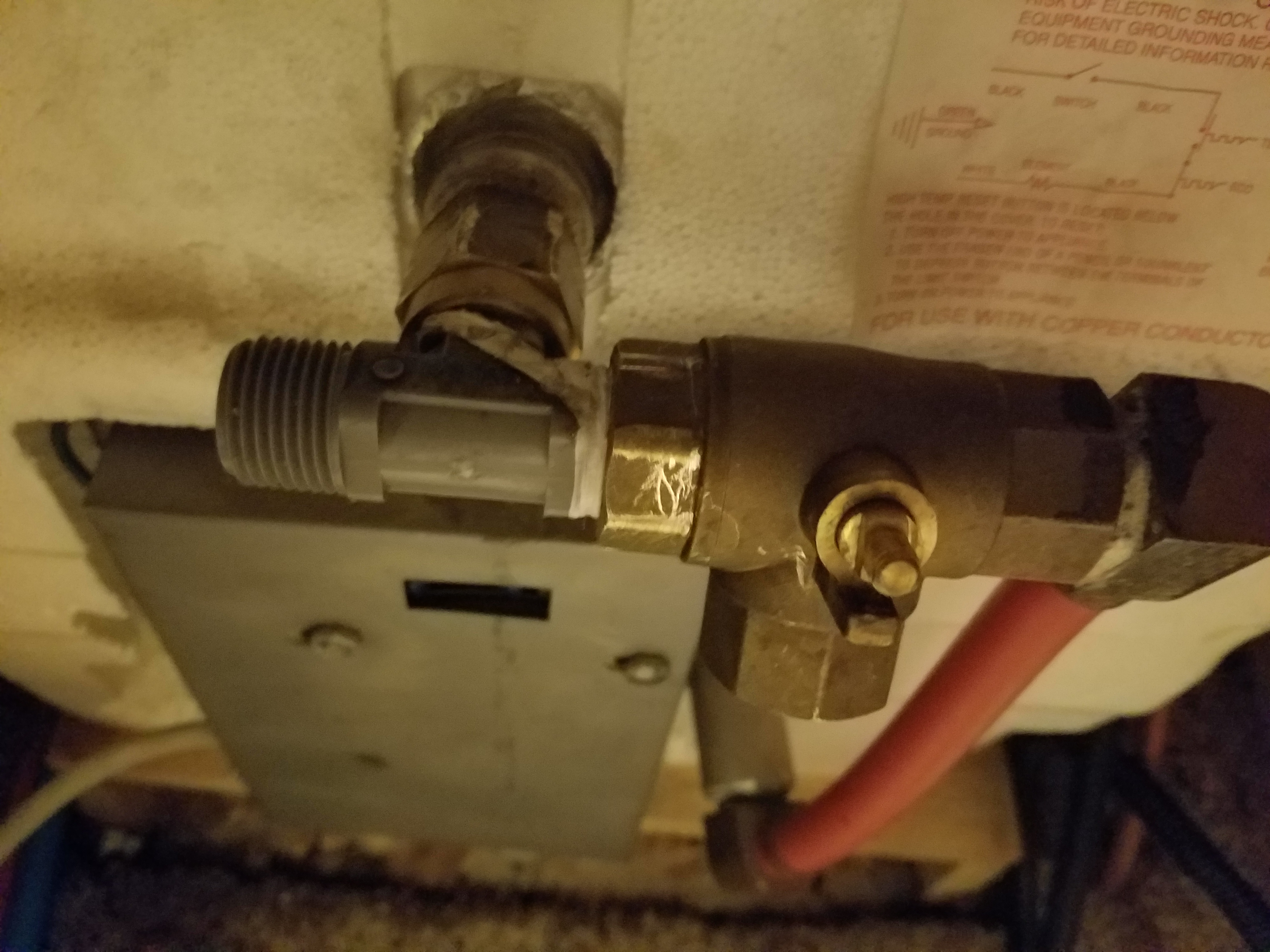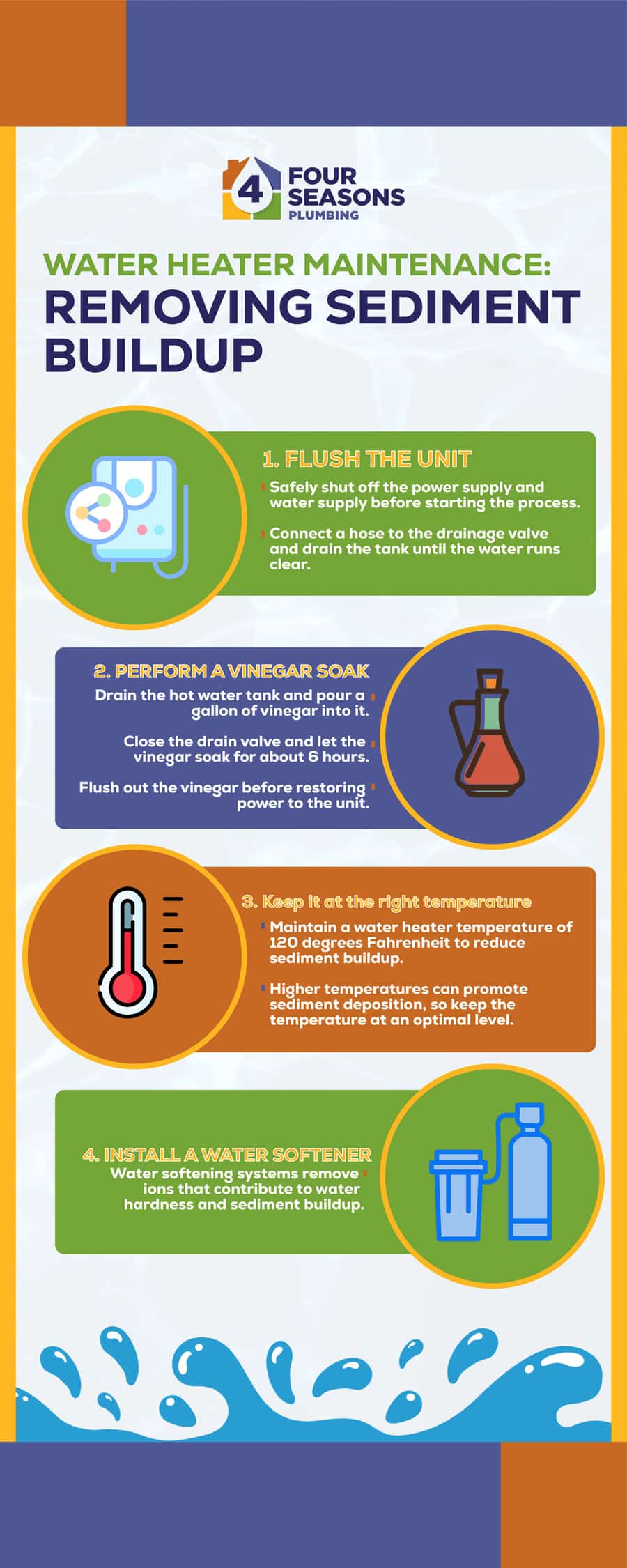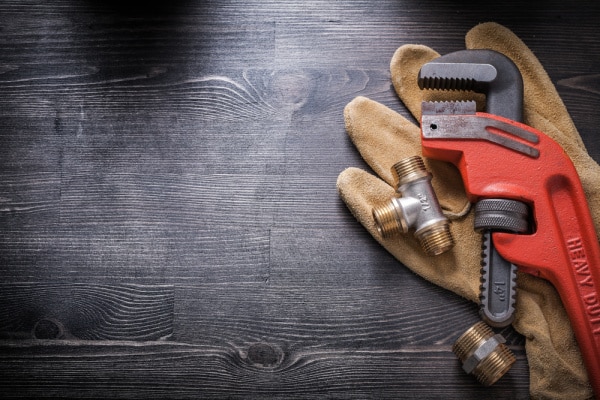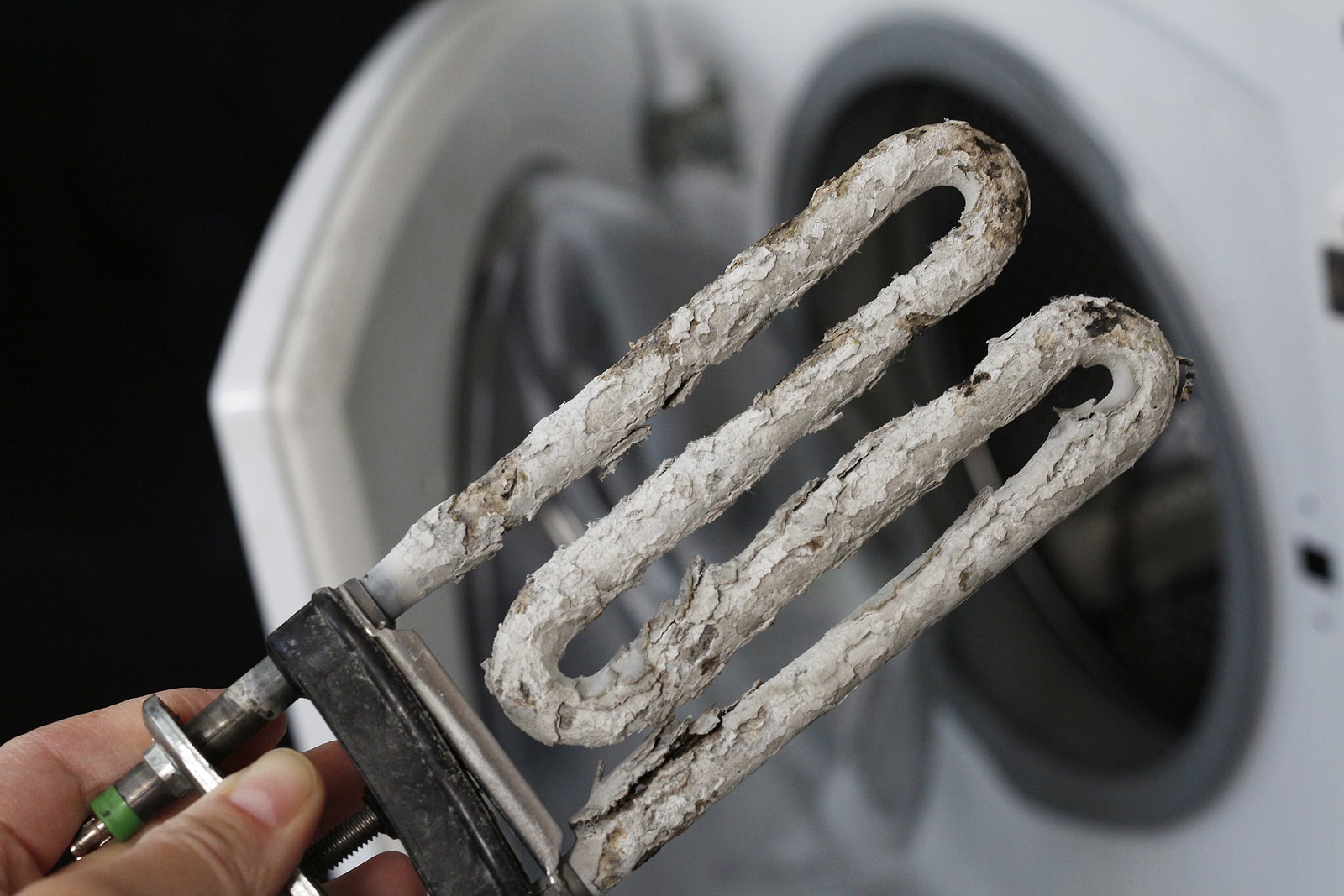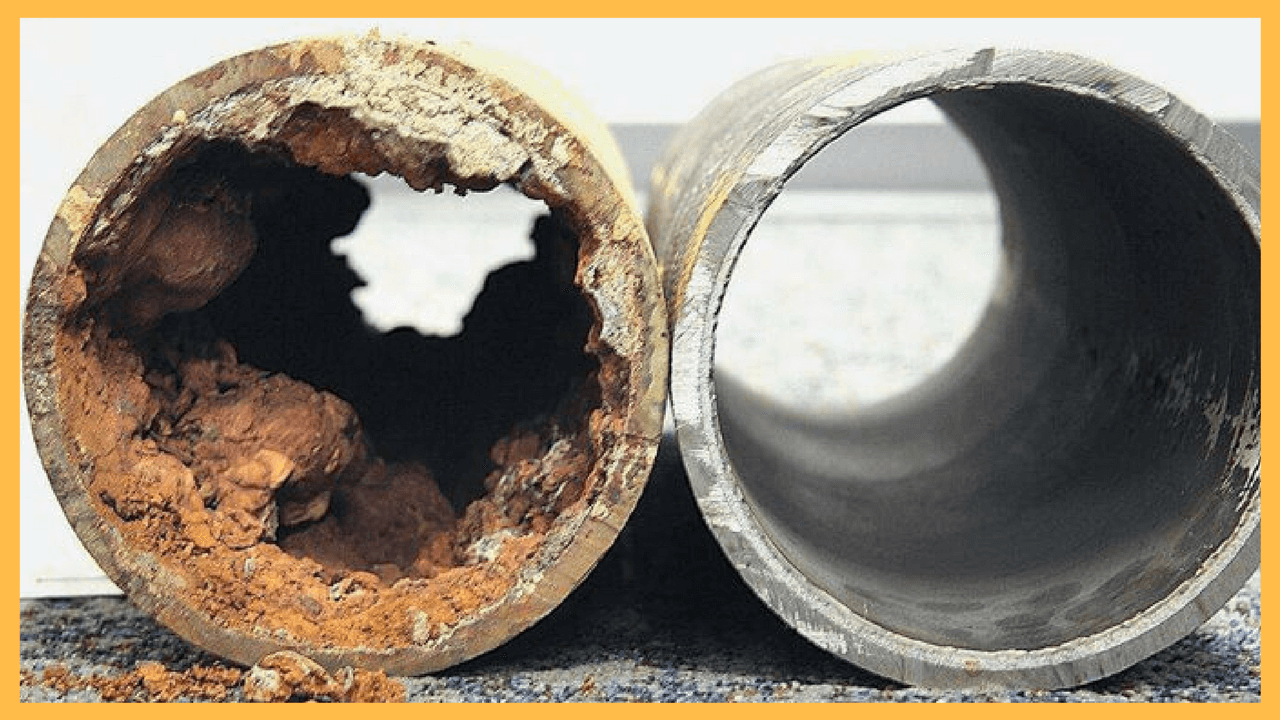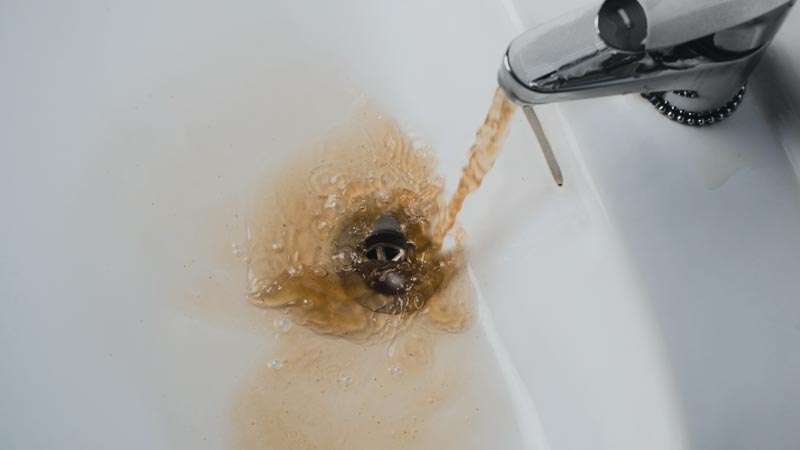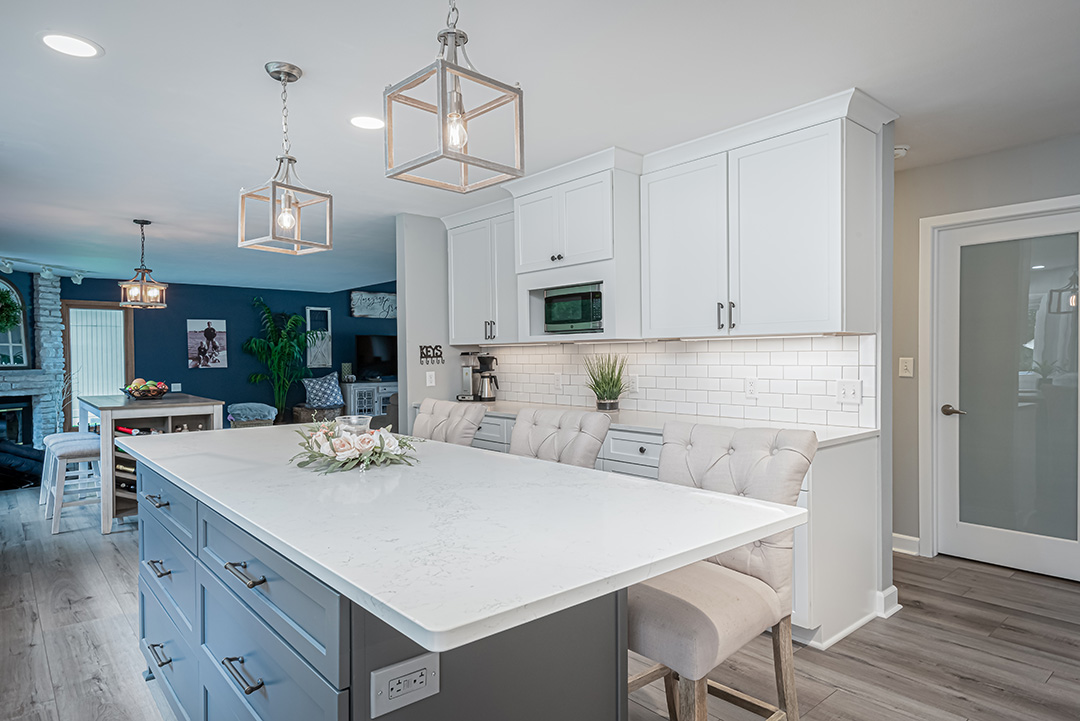Check the aerator
If you notice that the hot water pressure in your kitchen sink has suddenly dropped, the first thing you should check is the aerator. This small device is located at the end of your faucet and is responsible for mixing air with the water to create a steady and consistent flow. Over time, mineral deposits and debris can build up in the aerator, causing it to clog and restrict the water flow. To check the aerator, simply unscrew it from the faucet and clean it thoroughly with a mixture of vinegar and water. This should help restore the pressure on the hot water side.
Check the shut-off valve
Another possible culprit for low hot water pressure in your kitchen sink could be the shut-off valve. This valve controls the flow of water to your sink and can sometimes get partially closed, causing a decrease in pressure. To check the shut-off valve, locate it under your sink and make sure it is fully open. If it appears to be partially closed, turn it all the way to the open position to see if that helps restore the pressure.
Check the water heater
If the hot water pressure is low in your kitchen sink and other faucets in your home also seem to be affected, the problem could lie with your water heater. Sediments and mineral deposits can build up in your water heater over time, causing it to work less efficiently and reducing the pressure of hot water throughout your home. To check your water heater, turn off the power and water supply, then drain and flush the tank to remove any accumulated sediments. You may also need to replace the heating element or thermostat if they are damaged or malfunctioning.
Check the hot water supply line
The hot water supply line is the pipe that carries hot water from your water heater to your kitchen sink. If this line is damaged or clogged, it can significantly reduce the hot water pressure in your sink. To check the supply line, turn off the water supply and inspect the line for any visible damage or blockages. You may need to replace the line if it is damaged, or use a plumbing snake to clear any clogs.
Check for clogs in the hot water line
In addition to the supply line, there may also be clogs in the hot water line itself, causing a decrease in pressure. These clogs can be caused by mineral deposits, debris, or even small objects that have made their way into the line. To check for clogs, turn off the water supply and disconnect the hot water line from the sink. Use a plumbing snake to clear any blockages or replace the line if necessary.
Check the pressure regulator
Your home may also have a pressure regulator installed, which controls the overall water pressure in your plumbing system. If this regulator is malfunctioning or set too low, it can cause a decrease in hot water pressure. To check the pressure regulator, locate it near the main shut-off valve and make sure it is set to the correct pressure for your home. If it is not functioning properly, you may need to have it replaced by a professional plumber.
Check for leaks in the hot water line
A leak in the hot water line can also cause a drop in pressure, as the water is not able to reach your kitchen sink at full force. To check for leaks, turn off the water supply and inspect the line for any visible damage or leaks. If you find a leak, you will need to repair or replace the affected section of the line.
Check the hot water valve under the sink
There is also a hot water valve located under your kitchen sink that controls the flow of hot water to your faucet. If this valve is partially closed or damaged, it can affect the pressure of hot water in your sink. To check the hot water valve, make sure it is fully open and functioning properly. If it appears to be damaged, you may need to replace it.
Check the hot water valve at the water heater
In addition to the valve under your sink, there is also a hot water valve located at your water heater. If this valve is partially closed or damaged, it can affect the pressure of hot water throughout your home. To check the valve, make sure it is fully open and functioning properly. If it appears to be damaged, you may need to replace it.
Check for sediment buildup in the hot water line
Over time, sediment and mineral deposits can build up in your hot water line, causing a decrease in pressure. To check for buildup, turn off the water supply and drain and flush the line to remove any accumulated sediments. You may also need to use a plumbing snake to clear any stubborn blockages. Regularly flushing your hot water line can help prevent this issue from occurring in the future.
Possible Causes for a Loss of Hot Water Pressure in Your Kitchen Sink

1. Blocked Aerator
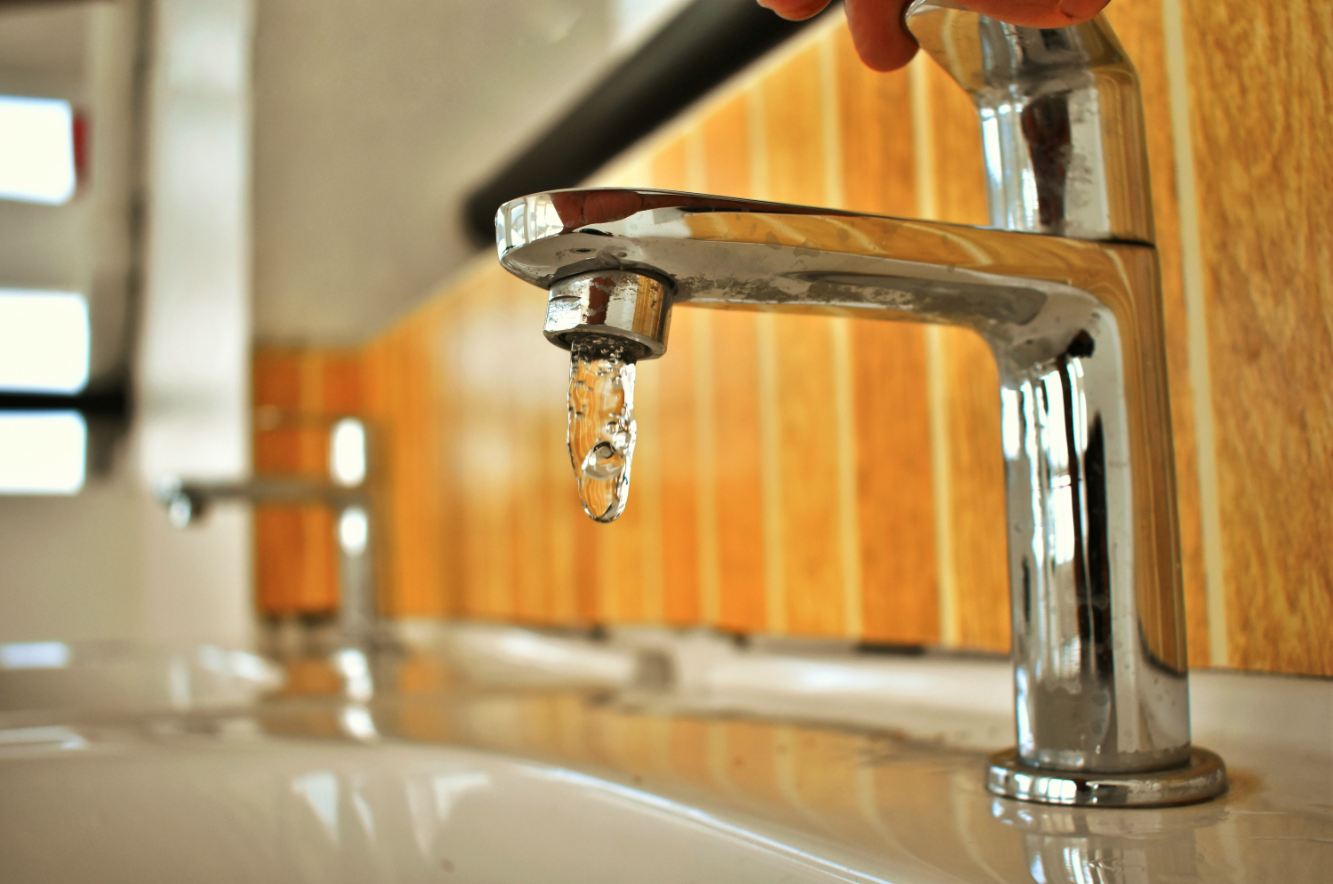 One of the most common causes for a loss of hot water pressure in the kitchen sink is a blocked aerator. The aerator is a small mesh screen located at the end of the faucet. Over time, mineral deposits can build up and clog the aerator, restricting the flow of water. This is more likely to occur on the hot water side because hot water can dissolve mineral deposits faster than cold water. To fix this issue, simply unscrew the aerator, clean it with a mixture of vinegar and water, and then reattach it to the faucet.
One of the most common causes for a loss of hot water pressure in the kitchen sink is a blocked aerator. The aerator is a small mesh screen located at the end of the faucet. Over time, mineral deposits can build up and clog the aerator, restricting the flow of water. This is more likely to occur on the hot water side because hot water can dissolve mineral deposits faster than cold water. To fix this issue, simply unscrew the aerator, clean it with a mixture of vinegar and water, and then reattach it to the faucet.
2. Corroded Pipes
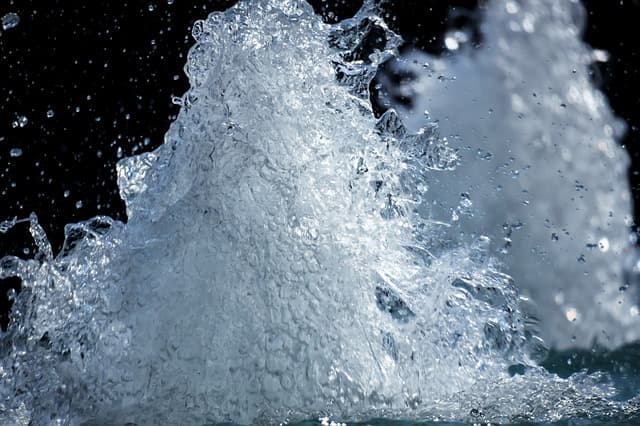 Another possible cause for a loss of hot water pressure in the kitchen sink is corroded pipes. Over time, pipes can corrode due to mineral buildup, sediment, or age. This can narrow the diameter of the pipes, leading to a decrease in water pressure. If you suspect that your pipes are corroded, it is best to call a professional plumber to assess the situation and make any necessary repairs.
Another possible cause for a loss of hot water pressure in the kitchen sink is corroded pipes. Over time, pipes can corrode due to mineral buildup, sediment, or age. This can narrow the diameter of the pipes, leading to a decrease in water pressure. If you suspect that your pipes are corroded, it is best to call a professional plumber to assess the situation and make any necessary repairs.
3. Malfunctioning Water Heater
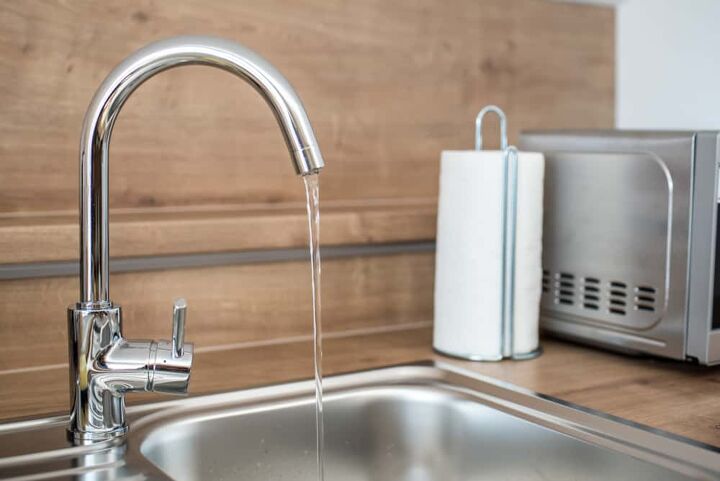 If your kitchen sink only experiences a loss of hot water pressure, it could be due to a malfunctioning water heater. The hot water side of the sink is typically the first to be affected because it is the longest distance from the water heater. If your water heater is not functioning properly or is too small for your household's needs, it may not be able to supply enough hot water to the kitchen sink. Consider having a professional plumber inspect your water heater and make any necessary repairs or upgrades.
If your kitchen sink only experiences a loss of hot water pressure, it could be due to a malfunctioning water heater. The hot water side of the sink is typically the first to be affected because it is the longest distance from the water heater. If your water heater is not functioning properly or is too small for your household's needs, it may not be able to supply enough hot water to the kitchen sink. Consider having a professional plumber inspect your water heater and make any necessary repairs or upgrades.
4. Faulty Pressure Regulator
 A faulty pressure regulator can also cause a loss of hot water pressure in the kitchen sink. The pressure regulator is responsible for maintaining a consistent water pressure throughout your plumbing system. If it becomes damaged or worn out, it can lead to a decrease in water pressure. A professional plumber can assess and replace the pressure regulator if needed.
A faulty pressure regulator can also cause a loss of hot water pressure in the kitchen sink. The pressure regulator is responsible for maintaining a consistent water pressure throughout your plumbing system. If it becomes damaged or worn out, it can lead to a decrease in water pressure. A professional plumber can assess and replace the pressure regulator if needed.
In Conclusion
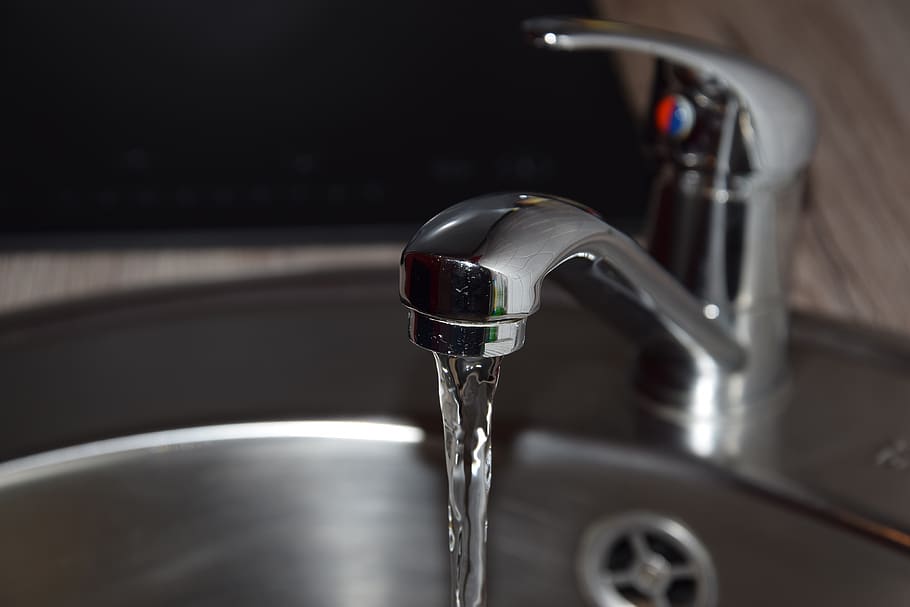 If you are experiencing a loss of hot water pressure in your kitchen sink, it is important to address the issue promptly. Ignoring the problem can lead to further damage and inconvenience. By identifying the possible causes and seeking professional help, you can get to the root of the issue and restore proper hot water pressure to your kitchen sink. Remember to regularly maintain your plumbing system to prevent future issues and improve the overall performance of your home.
If you are experiencing a loss of hot water pressure in your kitchen sink, it is important to address the issue promptly. Ignoring the problem can lead to further damage and inconvenience. By identifying the possible causes and seeking professional help, you can get to the root of the issue and restore proper hot water pressure to your kitchen sink. Remember to regularly maintain your plumbing system to prevent future issues and improve the overall performance of your home.


